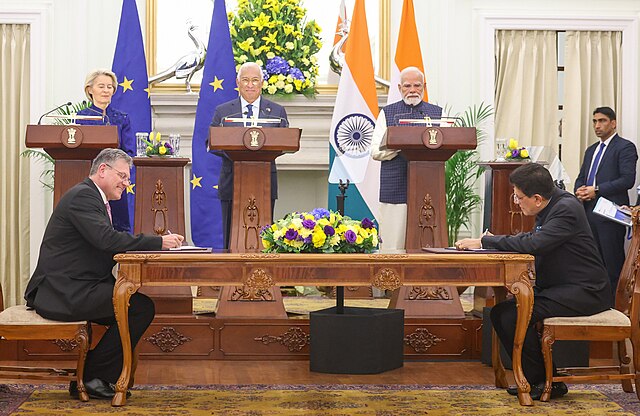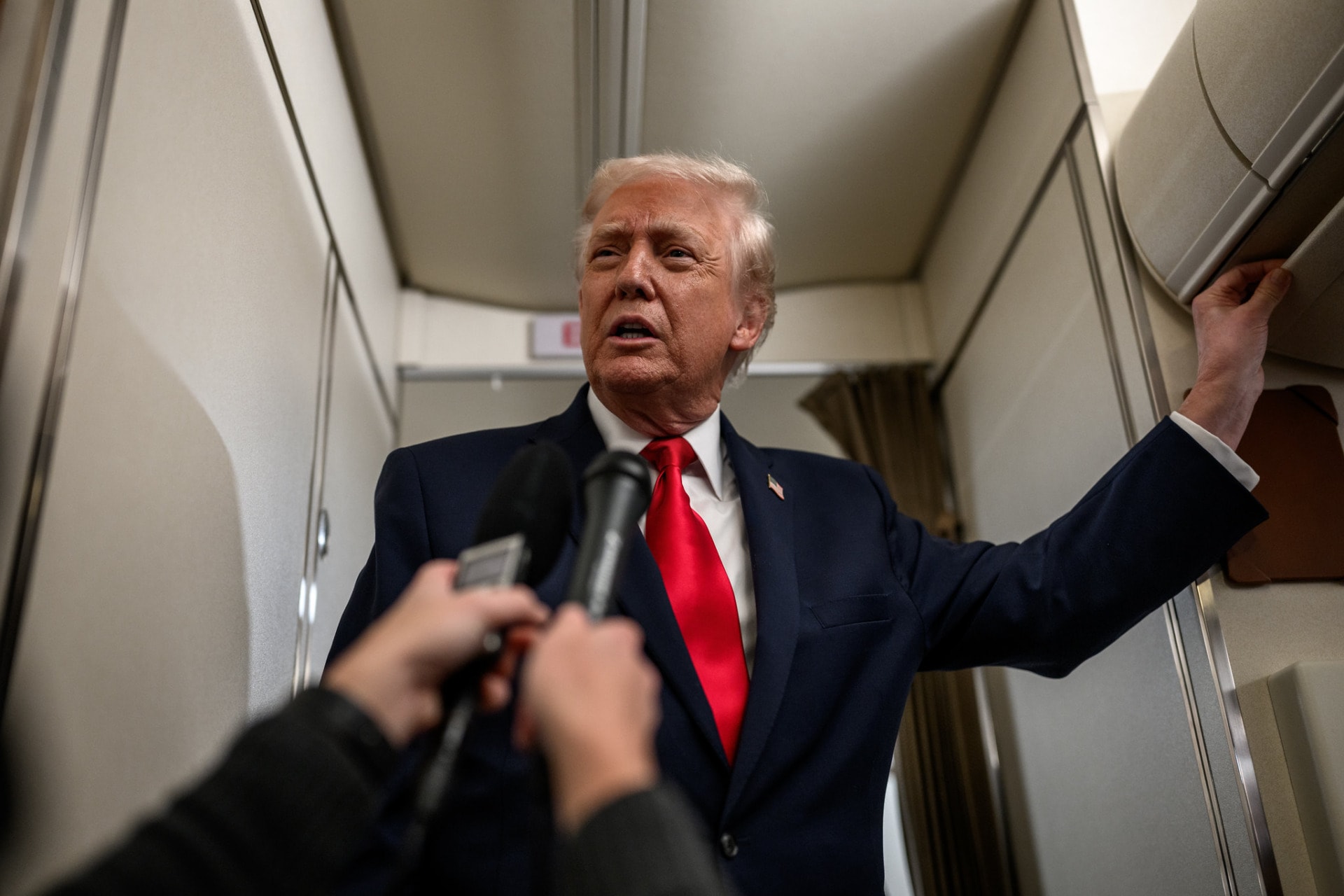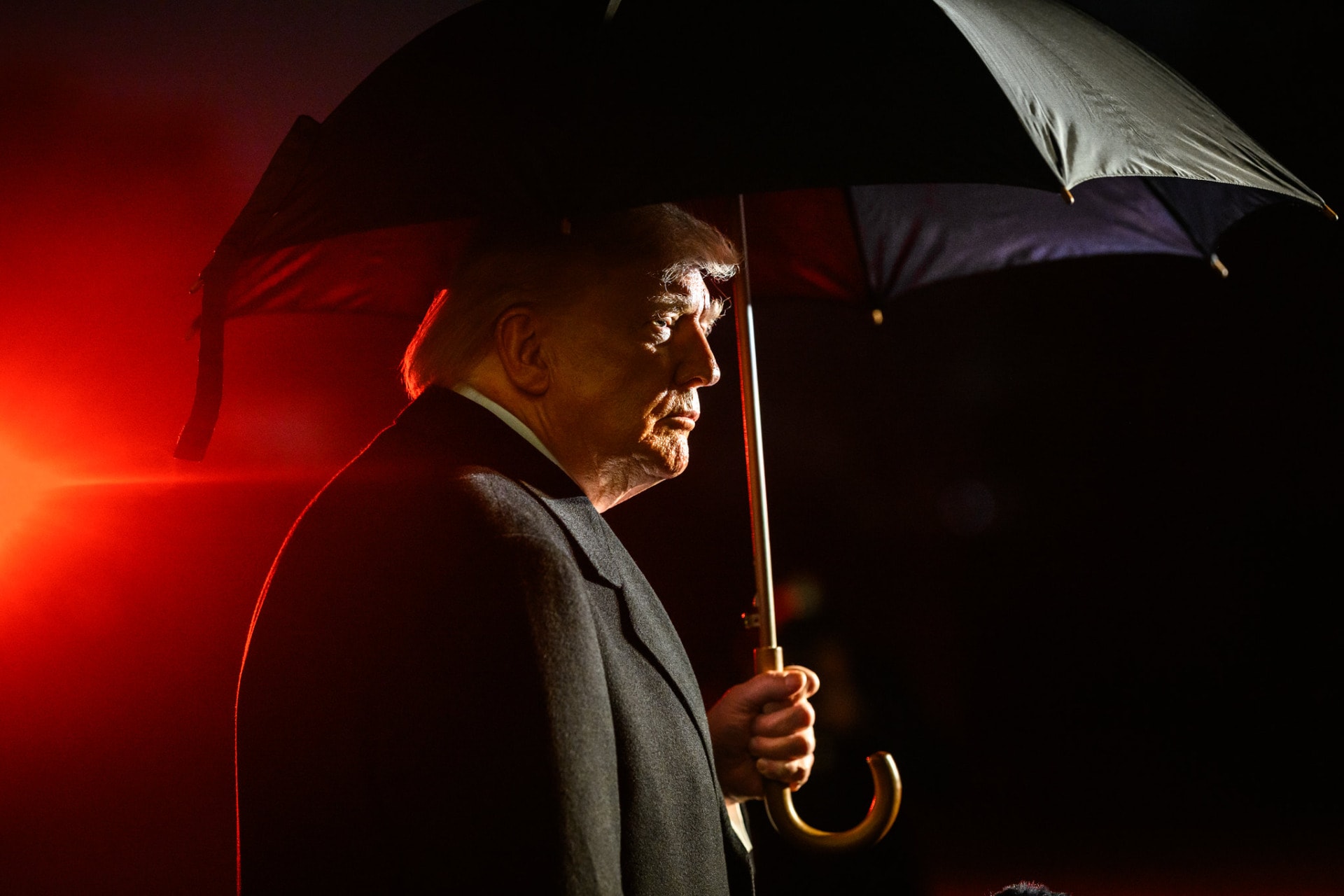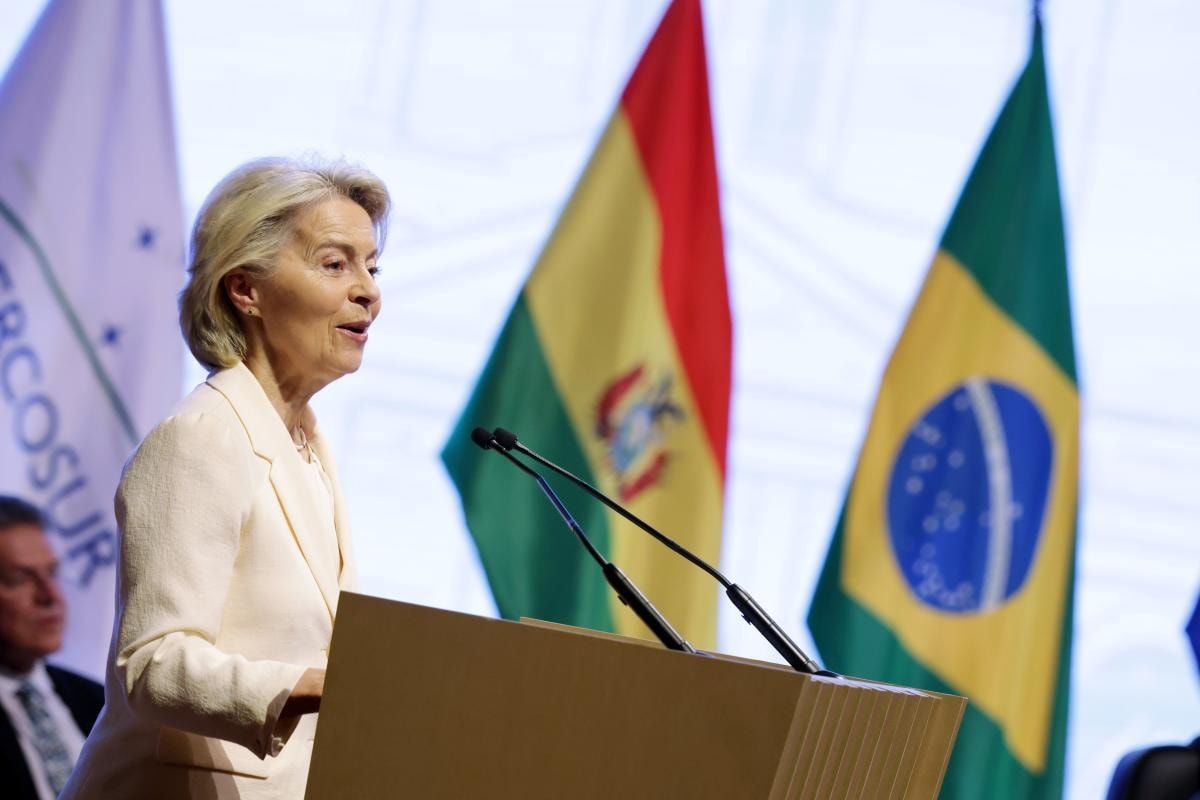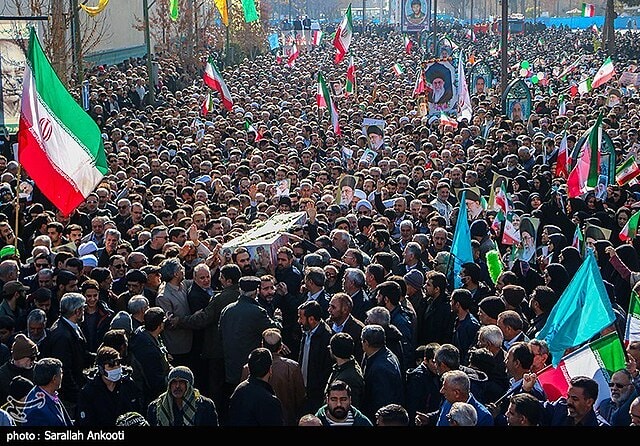During a Council meeting today, European Union (EU) Deputy Permanent Representatives passed the final approval of amendments to the European Media Freedom Act.
The Media Freedom Act was proposed by the Commission in September 2022 and aimed to protect media pluralism and independence in the EU.
The Media Pluralism Monitor report from the European University Institute has warned for many years that freedom of expression and media diversity is threatened in various EU countries, especially in Poland and Hungary — trends the EU Commission had closely monitored before proposing the draft law in 2022.
The initial draft law stated that governments were not allowed to “detain, sanction, intercept, conduct surveillance, or search and seizure” journalists to reveal their sources unless it is necessary for the “public interest.”
The Amendments to the Media Freedom Act
It has been reported that France, among other EU member states, was seeking an exemption to the Act’s Article 4 general ban on deploying spyware against journalists and their sources for national security reasons.
In addition, Paris is said to have pushed for more extensive exemptions for intelligence agencies to use spying technologies, such as installing spyware on reporters’ phones.
The Swedish EU Council presidency has included the requested changes to the Act and created a new draft regulation which was subject to today’s Council negotiations and approval.
The initial proposal was designed to safeguard the confidentiality of journalists’ sources, with the exception of specific serious crimes listed by the Commission. However, France has pushed for broader exemptions to account for member nations’ security and defence prerogatives.
Related Articles: Press Freedom in Hong Kong: Journalist Bao Choy Finally Cleared | When Journalists Are Targets, We All Suffer | World Press Freedom Day: Russia’s Censorship Denounced | Killing the Journalist Won’t Kill the Story
Germany, the Netherlands, the Czech Republic, Luxembourg, and Greece explicitly supported France’s demand, according to a German diplomatic report from April 17.
The Reactions of Journalists
The European Federation of Journalists (EFJ) views the amendments as a contradiction to the original objectives of the Media Freedom Act.
Maja Sever, the EFJ President, said: “It is indeed shocking and yet another strong blow to media freedom that EU Member States further water down important provisions on journalists’ protection of sources and protection from surveillance technologies.”
📨Open Letter: 60 civil society orgs & journalist associations are urging @EUCouncil to reconsider their position on the European #MediaFreedom Act.
🚨Recent changes to the draft regulation will kill all potential it has to protect journalists
Read more: https://t.co/wgkKp471RH pic.twitter.com/O1yNM5K4jd
— EDRi (@edri) June 19, 2023
In an open letter to the Deputy Permanent Representatives meeting today, 65 civil society and journalists organisations have voiced their concerns about the EU Media Freedom Act amendments. Still, the proposals for the act were approved.
Prior to the announcement of the approval, it was already anticipated that the member states, except for Poland and Hungary, would approve the current draft.
Now, the Media Freedom Act will be subject to negotiations in the EU Parliament and the Commission before being voted on and entered into force.
Editor’s Note: The opinions expressed here by the authors are their own, not those of Impakter.com — In the Featured Photo: Lady Republique Monument Paris after the Je Suis Charlie Protests, 2015. Featured Photo Credit: Gwen King



